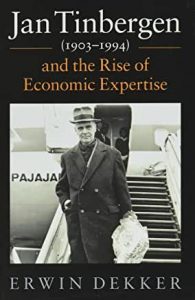“This is a short book on a vast topic.” So starts Rules: A Short History of What We Live By, by Lorraine Dalston. I enjoyed reading it without ever feeling I got to grips with what it’s about, and the vastness of the topic might be the explanation – or the fact that it’s a lecture series in origin. The chapters work roughly chronologically from the ancient world to today, exploring different aspects of rules – rules versus discretion, rules as regulations, rules of art, rules as laws or norms, rules as algorithms. The book is packed with historical nuggets of information, of the kind I very much enjoy. On the other hand, there’s no narrative arc. It’s a pointillist painting of a book at a focal length that doesn’t reveal the big picture.
Perhaps this is a bit unfair. There are some mid-level conclusions. ‘Thin’ rules such as routine algorithms or traffic regulation work well in stable contexts, and require a good deal of pre-existing infrastructure, be it training data or investment in traffic lights and cameras. ‘Thick’ rules are needed for situations requiring flexibility and judgement, and tend to have exceptions to prove them. “Low tolerance for discretion indexes rampant distrust in society,” she writes. Either governments which don’t trust their citizens, and so apply pettifogging rigour, or sometimes citizens who don’t trust authority.
Sometimes explicit rules need implicit ones to support and enforce them; the ideal of sufficient stability and predictability to do without the implicit is perhaps a modernist interlude. But the book’s final conclusion? “In abnormal times, when we are thrown into the breach without a rulebook, we once again become aware that there are no rules to help us reason about rules.”


